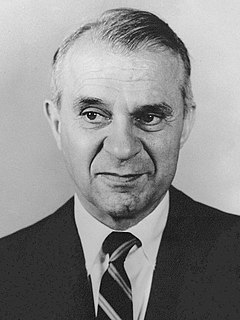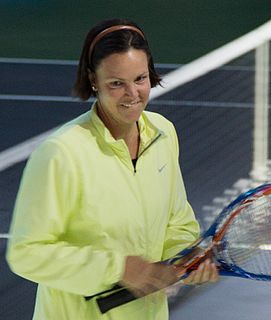A Quote by Rob Roberge
Some of the biggest challenges were, page after page, standing naked in front of the reader.
Related Quotes
If you go to Australia, the Australian Open is on all day long on network TV. There's no way CBS, NBC and ABC would do that. They only show the finals. That's always been the case. They don't want to give the time to the biggest tournament we have in the United States. Any other country, it's everywhere -- front page of the main paper, front page of the sports section. We haven't had that here.
It had that comfortably sprung, lived-in look that library books with a lively circulation always get; bent page corners, a dab of mustard on page 331, a whiff of some reader's spilled after-dinner whiskey on page 468. Only library books speak with such wordless eloquence of the power good stories hold over us, how good stories abide, unchanged and mutely wise, while we poor humans grow older and slower.
Yes, the fear of its blankness. At the same time, I kind of loved it. Mallarmé was trying to make the page a blank page. But if you're going to make the page a blank page, it's not just the absence of something, it has to become something else. It has to be material, it has to be this thing. I wanted to turn a page into a thing.
The book, as it stands, seems to me to be one of the most frightful muddles I have ever read, with scarcely a sound proposition in it beginning with page 45 [Hayek provided historical background up to page 45; after that came his theoretical model], and yet it remains a book of some interest, which is likely to leave its mark on the mind of the reader. It is an extraordinary example of how, starting with a mistake, a remorseless logician can end up in bedlam.
I'm in the storytelling business, and so you're always drawn to the unusual. And early on, I discovered that's the easiest way to tell stories... If you come up through a newspaper as I did, your whole goal is to get a story on the front page, and you only get something on the front page if it's unusual.

































